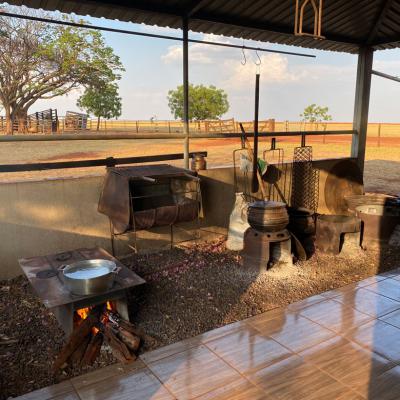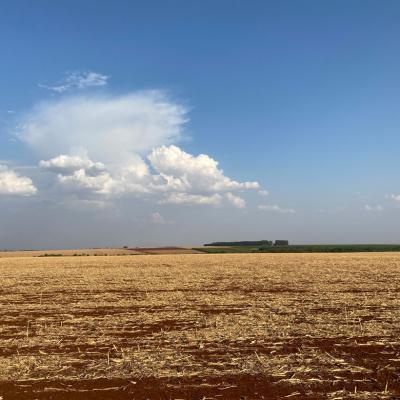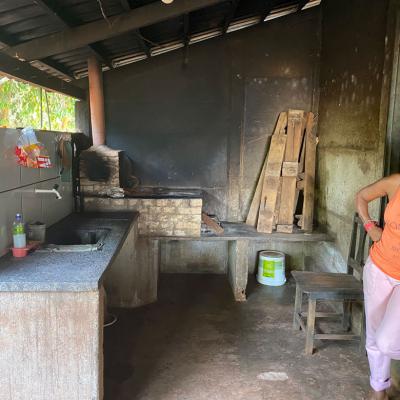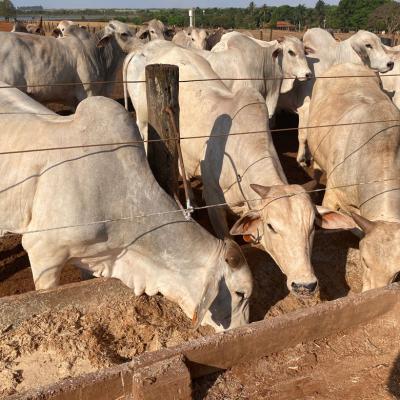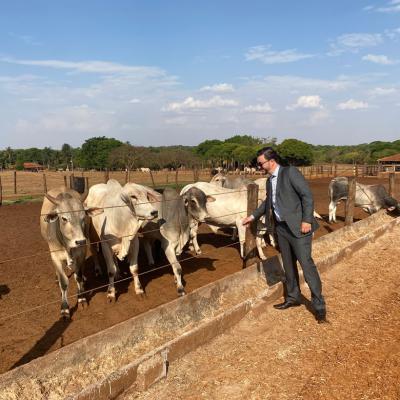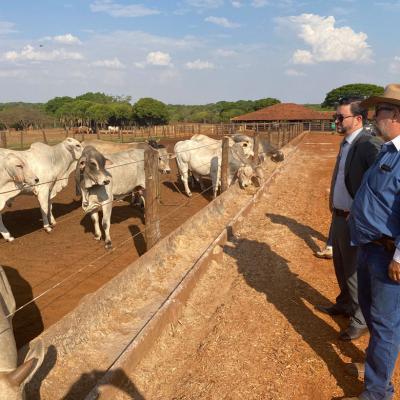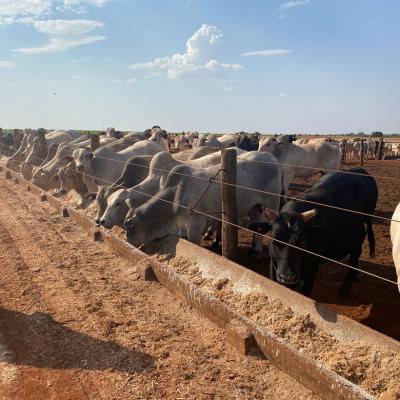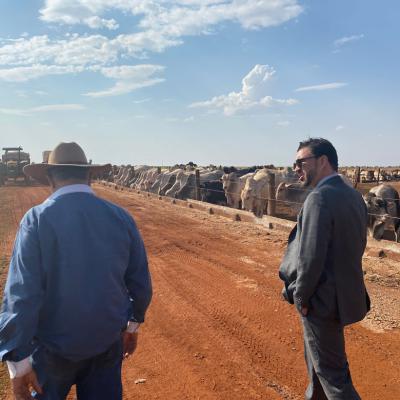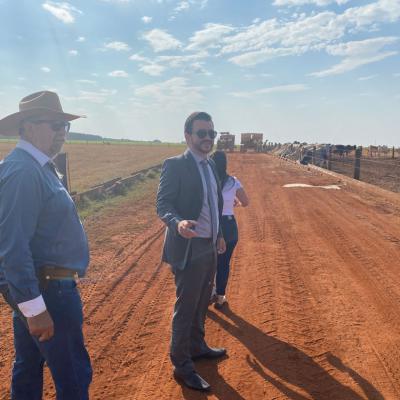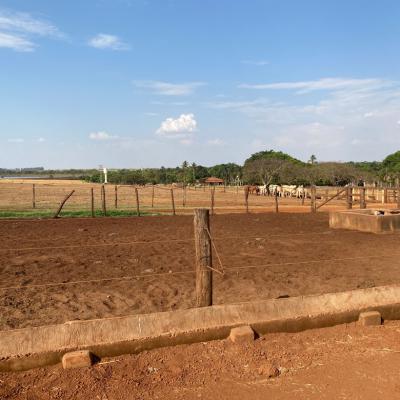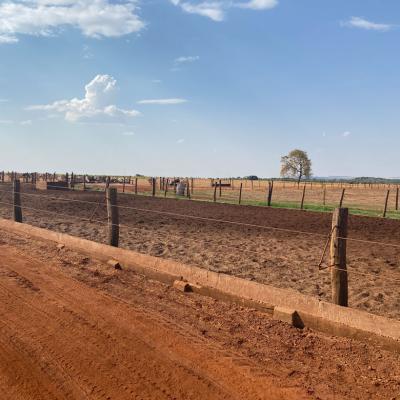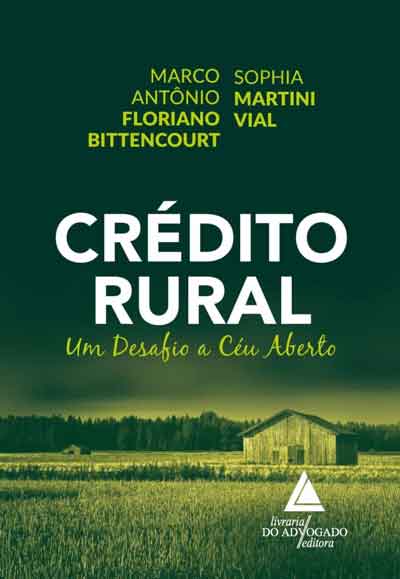At the heart of the Financial System are the Investment Funds called FIDC-NP, Non-standard Credit Rights Investment Funds, which are nothing more than a form of funds, whose portfolio is formed, in part or in full, by defaulted securities and credit rights, therefore with high liquidity risk and that are purchased and offered by the financial market and the other receivables markets.
These receivables are called Distressed Assets. Usually, Banks, which have given rise to these assets, have relationships with companies whose activities are linked to the CNAE 829100 = Collection Activities and Registration Information. These companies, as the CNAE itself informs, absorb the default demand of the banks, leaving them with default levels at low levels.
After a certain period of time, when the attempts to recover the credit are frustrated, these collection companies or the banks themselves start to offer these credit titles in the financial market, in the form of "Distressed Assets", which is the paper purchased by the FIDC-NPs. Then, a constant and accelerated dance begins in the pursuit of the liquidation of these assets. On the other hand, the FIDC-NP furnaces are fed by millions and billions of reais or dollars of investors eager for high remunerations, because, as we know, without these valuable financial resources, there would not be the figure of FIDC-NP.
The FIDC-NP investors are "people", individuals or legal entities, with abundant resources, that bet, speculate, and are willing to risk their capital or their profitability, investing in portfolios formed by overdue and non-performing financial operations. For the administrator of the FIDC-NP fund, the rule of the game is: "manage" to acquire the asset with the greatest possible discount and, subsequently, pressure the debtor to pay off the credit.
Such a debtor may be crushed by the FIDC-NP, recycled, fulminated, eliminated from the game, as in the Squid Game success series, or, if he succeeds, he will survive and play by the rules and requirements of the FIDC-NP. Otherwise, the administrator of the FIDC-NP follows the progress of the game, puts his pieces in motion with the objective of "de-stressing" the asset until its liquidation.
The FIDC-NP has good law firms; experienced administrators; auditing; accounting; information; custodians; administrative and internal control structure; settling banks and many financial resources. However, it has a time limit and must fulfill its obligations according to the deadlines instituted at its formation origin.
It's a big race, which at the final tip, falls, elaborately, on the asset debtor. In the pre-COVID world, the "aim" of the great majority of the FIDC-NPs was concentrated on the acquisition of real estate assets and urban securities, corporate, federal and state credits, securities of multinationals, among others of lesser values. However, during COVID, the FIDC-NPs began to target their investments in the agribusiness sectors, mainly rural credit operations in the market.
These rural credit operations have as object financial resources that are destined to agricultural production, through the support of the Federal Government, which institutes social policies to foment agriculture.
These resources come from determinations of the National Monetary Council, determinations that are published and supervised by the Central Bank of Brazil. Such financial resources, originating from Constitutional Funds, for example, are passed on to Banking Institutions, which are affiliated to the National Rural Credit System. These banks, better qualified as financial agents, have the legal obligation to distribute these resources from the constitutional funds to rural producers, as determined by the Rural Credit Manual - MCR, through the application of release norms pertinent to each type of resource, be it funding, investment, storage, equipment, etc. As I mentioned in my last publication, "The Agribusiness Concept".
In view of this, these assets also became a target of FIDC-NP, now with much more appetite, than during the advent of the pandemic. The pandemic showed us that agribusiness is capable of surviving a world crisis, for one obvious reason, we need food. However, these assets ceded to the FIDC-NP have some peculiarities: a) present their financial resources originating from social policies - constitutional funds; b) have guarantees that are many times superior to the value of the asset; c) have complex liquidation; d) count on differentiated legal treatment; e) and are subject to the Rural Credit Manual.
The discussion, which has been fought between rural producers and FIDC-NP, consists of two points, which require extreme caution. The first is the fact that the amount paid for the title transferred to FIDC-NP was not provided to the rural producer on an equivalent conditions and the second is the circumstances in which these securities are acquired, because, as we know, the liquidation of financial resources originating from constitutional funds depends on the rules laid down by social policy for their liquidation.
It is known that the discount granted to the FIDC-NP was more beneficial than the one offered to the rural producer, since its liquidation with the originator bank was conditioned, necessarily, to follow the rules of the regulating public law - BACEN. Thus, for rural producers, who had been seeking the application of regulatory law, the pit of indebtedness became deeper and they watched their rural credit operations migrate to the speculative private sector. And, with this, feed more greedily the furnaces of the FIDC-NPs.
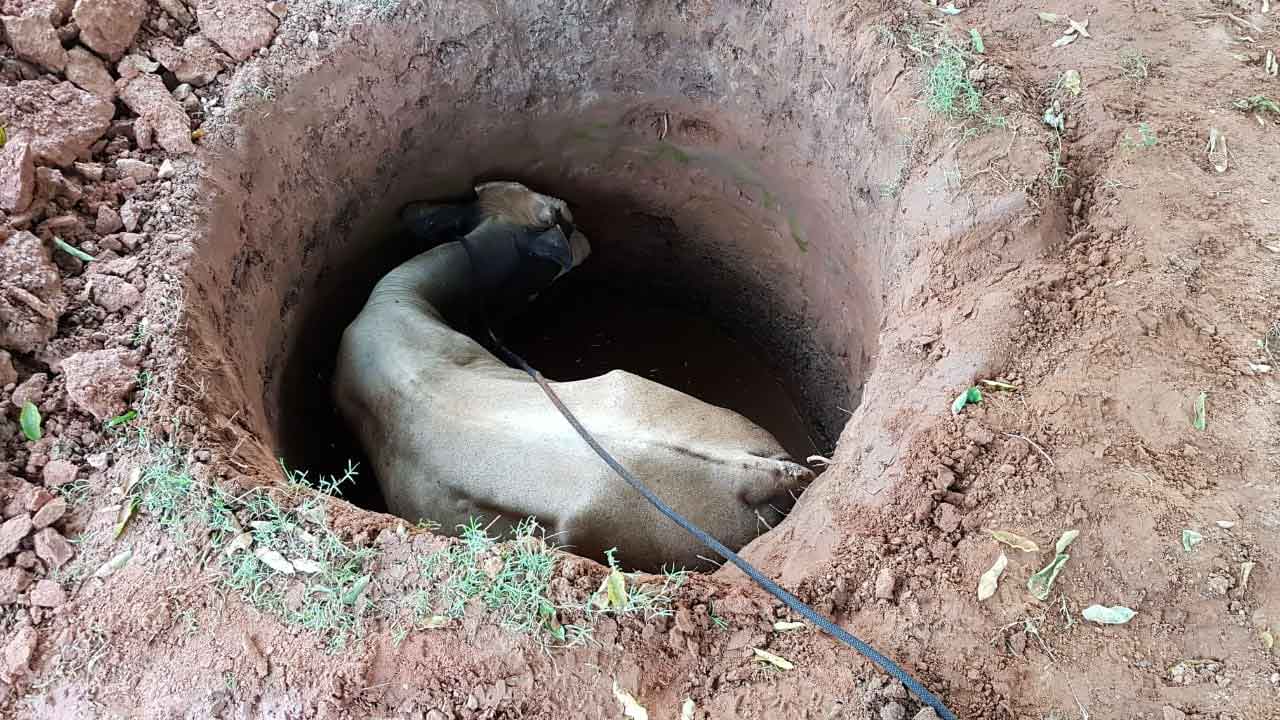
In the meantime, FIDC-NP have encountered a more complex "Distressed Assets" settlement, as these are not low-value securities or insufficient collateral, but in this case high-complexity settlement papers, a narrower niche market, a relevant and representative sector of the economy.
In fact, it is a great race for FIDC-NPs to profit from these financial assets, but there is doubt as to whether they will be able to meet the settlement deadlines set by their speculators and investors.
Regardless of the major interests, which involve the FIDC-NP, the matter, which is being put to the appreciation of the Judiciary, also finds a strong opponent and willing not to lose its assets, which often originated from the work of generations. The appropriate procedural remedy exists and, if applied correctly, may determine the departure of the rural producer from the pit. In the same way, the FIDC-NP seem to be convinced of their performance in Rural Credit, however it is notorious that the FIDC-NP are unaware of the functioning of the "subject/rural producer" of "Distressed Assets".




